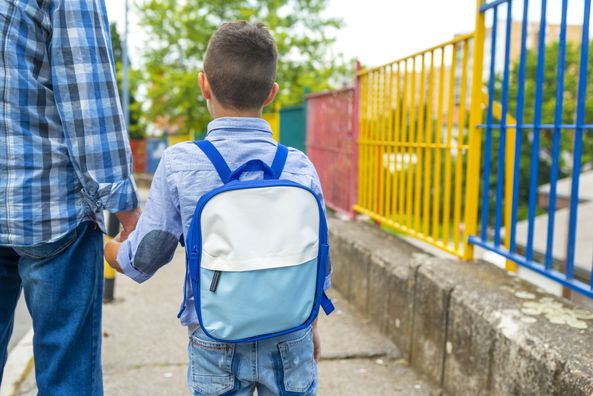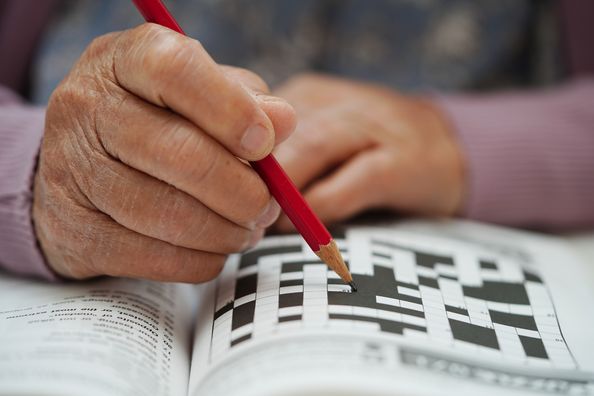There are 7.7 million children in the United States with a treatable mental health disorder that have not received treatment from a mental health professional1. Anxiety, depression and behavioral disorders are the most common psychological disorders among children. By being aware of behaviors associated with mental illnesses, you can help provide your child the resources they need and promote good mental health.
Causes of mental illness
The causes of psychological disorders in children remain unknown but research suggests that biological and environmental factors may play a role. Most lifetime cases of mental illness begin by age 142. Some triggers include:
• Death of a loved one
• Family stressors such as divorce, poverty or child acting as a caregiver
• Educational difficulties
• Long-term physical illness
• Family history of mental illness
• Physical or mental abuse such as bullying
Signs to look for in children
Children display different signs of poor mental health compared to adults. Often this is a result of the child not being able to express their thoughts and feelings thoroughly. If you suspect any self-harm, seek help immediately.
• Decline in academic performance and/or reoccurring refusal to go to school
• Constant worry, irritability, fidgeting and/or difficulty concentrating
• Frequent outbursts, disobedience or aggression, typically lasting longer than six months
• Sadness lasting two or more weeks
• Withdrawing from or avoiding social interactions
• Drastic changes in mood, behavior or personality
• Changes in eating habits or weight loss
• Difficulty sleeping and nightmares
• Frequent headaches or stomachaches
When should I seek professional help?
If your child’s behaviors last longer than two weeks and begin to impact their everyday life at home, school or time with friends, they may benefit from speaking to a licensed therapist. A therapist can evaluate your child’s mental health to diagnose, treat and provide ways to cope with issues they may be facing. Aside from talk therapy, a counseling session may also utilize play therapy for younger children. Play therapy can help children modify their behaviors, learn interpersonal skills and learn how to properly express emotions. Child psychologists can also teach you and your child ways they can better their mental health.
How to promote good mental health
• Invite your child to join you in problem-solving common things that lead to arguments or problems in the home. This encourages the child to build problem-solving skills and shows that you respect their feelings and needs.
• Help the child keep in touch with family and friends, in a safe manner
• Try to establish a routine
• Ensure your child is physically active and eats a healthy, balanced diet
• Encourage your child to talk about their feelings
• Work with your child’s school to provide behavioral resources and support as needed
• Promote playtime and creativity
• Provide unconditional love including security and acceptance even if a child makes a mistake
• Support confidence and activities that promote high-self esteem
• Be a reliable role model – ensure that you are following the rules yourself that you set for your child3
If you think you or your child would benefit from speaking to a licensed therapists, schedule an appointment by calling 815−942−6323 or by visiting ipdhealth.com.
1Whitney, PhD, D. G., & Peterson, PhD, M. D. (2019, February 11). US National and State-Level Prevalence of Mental Health Disorders and Disparities of Mental Health Care Use in Children. In JAMA Network. Retrieved from https://jamanetwork.com/journa…
2Promoting Awareness of Children’s Mental Health Issues (2017, August). In American Psychological Association. Retrieved from https://www.apa.org/advocacy/h…
3Kane, S. (2016, July 18). How to Promote Your Child’s Good Mental Health. In PyschCentral. Retrieved from https://psychcentral.com/blog/…
Health Topics:








